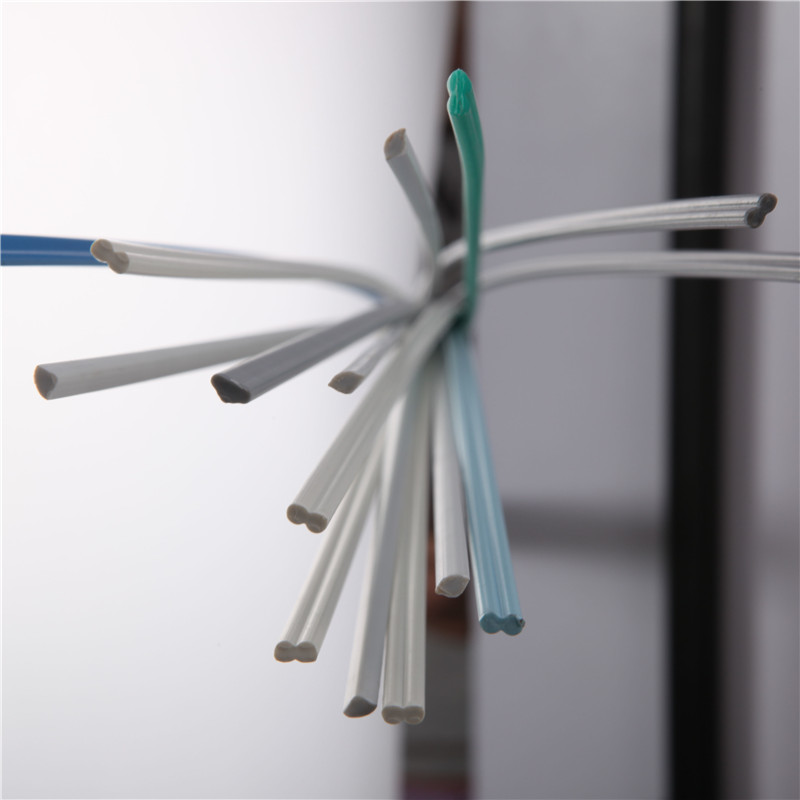វិច្ឆិកា . 03, 2024 01:45 Back to list
plastic irrigation pipe fittings
The Role of Plastic Irrigation Pipe Fittings in Modern Agriculture
Irrigation is a crucial component of modern agriculture, enabling farmers to efficiently manage water resources and optimize crop yields. Among the various materials used in agricultural irrigation systems, plastic pipe fittings have become increasingly popular due to their durability, cost-effectiveness, and versatility. This article delves into the significance of plastic irrigation pipe fittings, their benefits, and their contribution to sustainable farming practices.
Advantages of Plastic Pipe Fittings
1. Durability and Resistance Plastic fittings, particularly those made from materials like PVC (Polyvinyl Chloride) and HDPE (High-Density Polyethylene), are known for their exceptional durability. They are resistant to corrosion, rust, and chemical degradation, ensuring a long lifespan even in harsh environmental conditions. This resistance minimizes maintenance requirements and reduces the frequency of replacements, ultimately leading to cost savings for farmers.
2. Lightweight and Easy to Handle Compared to traditional metal fittings, plastic pipe fittings are significantly lighter, making them easier to transport and install. This feature is particularly beneficial in large agricultural settings where extensive irrigation systems are needed. Farmers can save time and labor costs during installation and maintenance, allowing them to focus on other essential tasks.
3. Versatility and Variety Plastic irrigation pipe fittings come in various shapes and sizes, accommodating different irrigation systems and configurations. Whether it's for drip irrigation, sprinkler systems, or surface irrigation, there are fittings designed to meet specific requirements. Additionally, the modularity of plastic fittings allows farmers to customize their systems to enhance efficiency and adapt to changing irrigation needs.
plastic irrigation pipe fittings

4. Cost-Effectiveness The affordability of plastic fittings is another significant advantage. As farmers strive to maintain profitability, the lower initial investment and reduced maintenance costs associated with plastic irrigation systems make them an attractive option. This factor is crucial, especially for smallholder farmers operating on tight budgets.
Contribution to Sustainable Agriculture
The use of plastic irrigation pipe fittings also aligns with the principles of sustainable agriculture. Efficient irrigation systems reduce water wastage, which is critical as water scarcity becomes an increasingly pressing issue worldwide. By implementing precise irrigation techniques facilitated by durable plastic fittings, farmers can ensure that crops receive the optimal amount of water, enhancing growth while minimizing environmental impact.
Furthermore, the longevity of plastic fittings means that fewer resources are consumed in production and transportation over time. This reduced demand for manufacturing new fittings complements initiatives aimed at decreasing the agricultural sector's carbon footprint. Additionally, many plastic fittings are recyclable, contributing to a more sustainable lifecycle for agricultural materials.
Conclusion
In conclusion, plastic irrigation pipe fittings play a vital role in modern agriculture by enhancing the efficiency, durability, and cost-effectiveness of irrigation systems. Their advantages make them an invaluable asset for farmers aiming to improve productivity while adhering to sustainable practices. As the agricultural landscape evolves and faces new challenges, the continued innovation and application of plastic fittings will undoubtedly contribute to a more resilient and sustainable food production system worldwide. Embracing these advancements in irrigation technology can lead to healthier crops, better resource management, and ultimately, a more sustainable future for agriculture.
-
Durable Glossy PVC Rigid Sheet | Premium High-Shine Panels
NewsAug.26,2025
-
Durable PP Rigid Sheet: Lightweight, Chemical Resistant Solutions
NewsAug.21,2025
-
PVC Grey Sheet for Extraction: Chemical Resistant & Durable
NewsAug.19,2025
-
Durable PVC Pipe Fittings for Plumbing & Irrigation Needs
NewsAug.18,2025
-
HDPE Steel Belt Reinforced Spiral Corrugated Pipe | High Strength
NewsAug.17,2025
-
HDPE Pipe Fittings: Durable, Leak-Proof Solutions
NewsAug.16,2025

